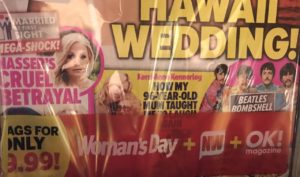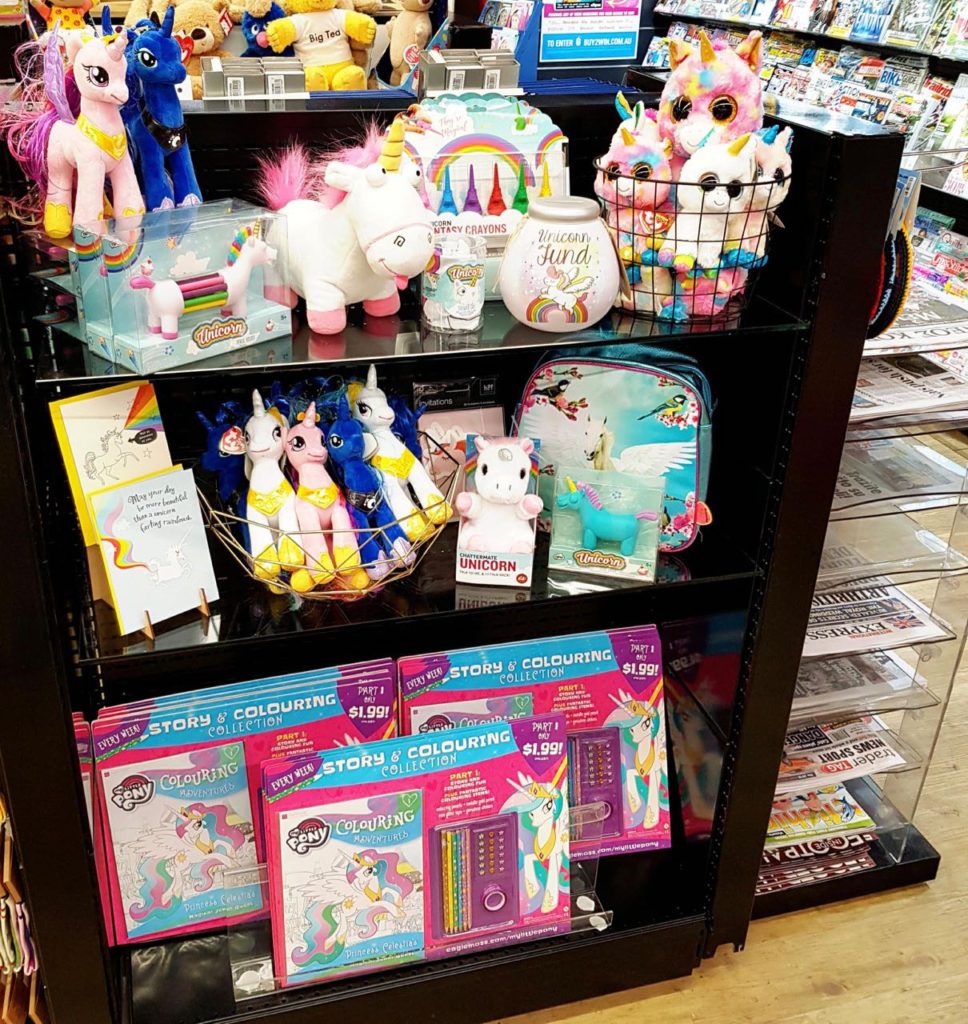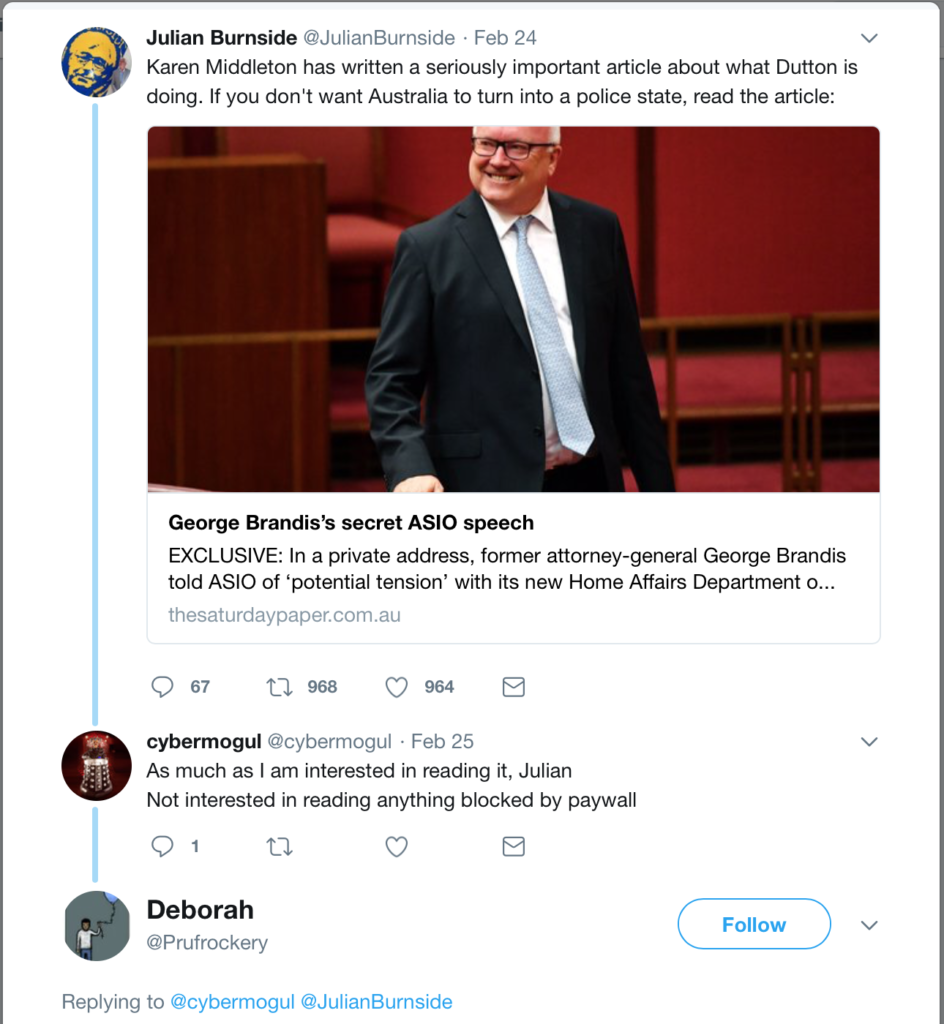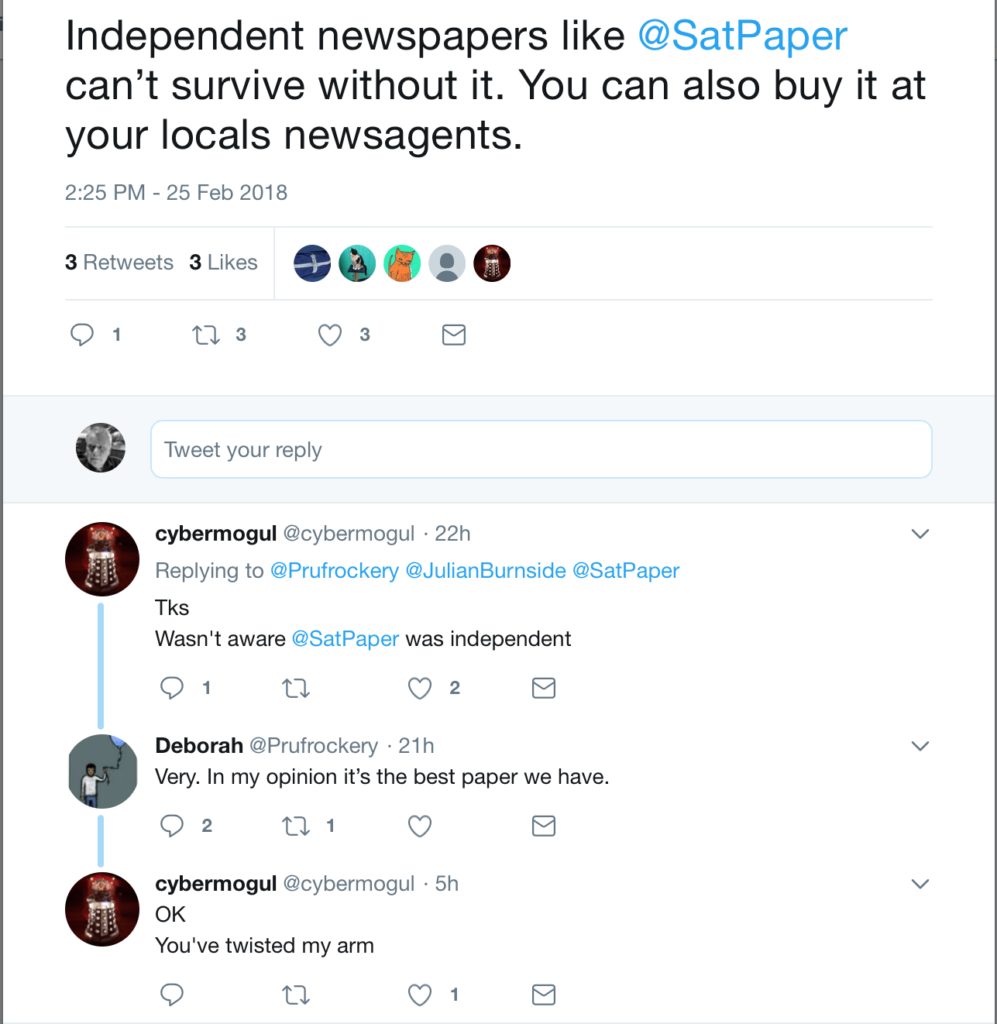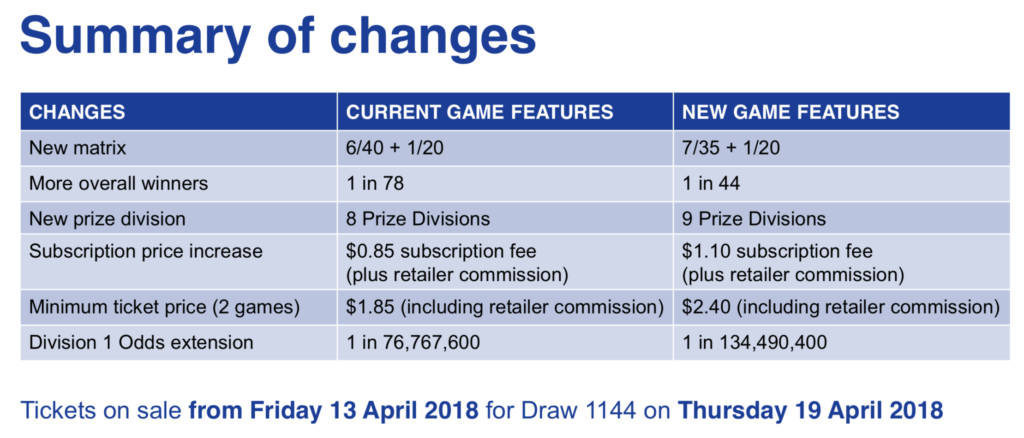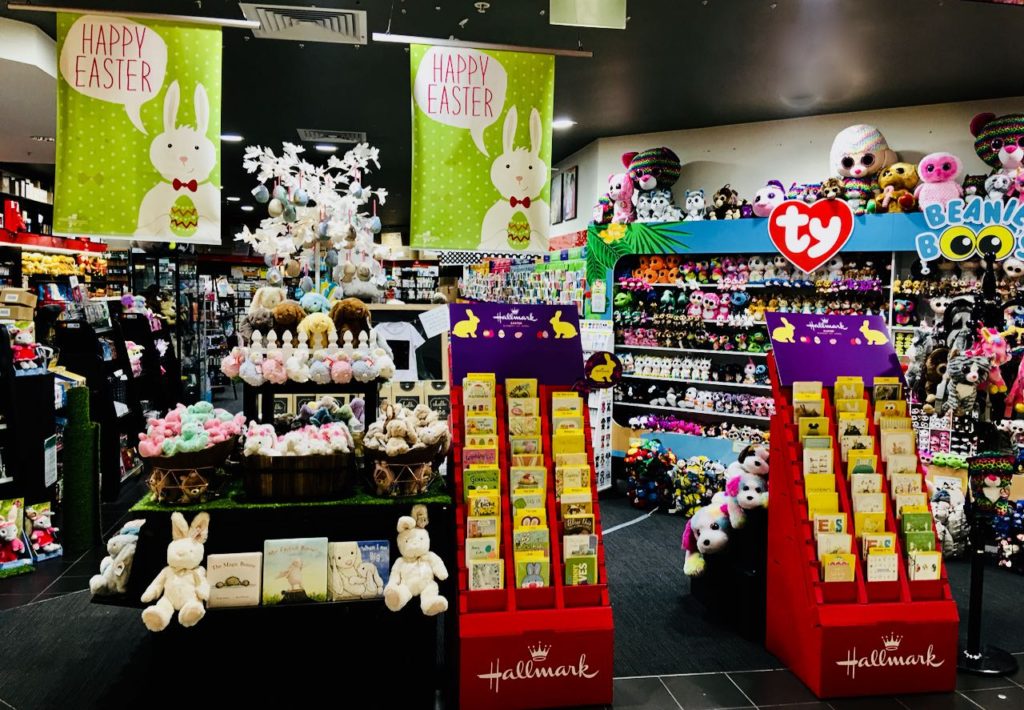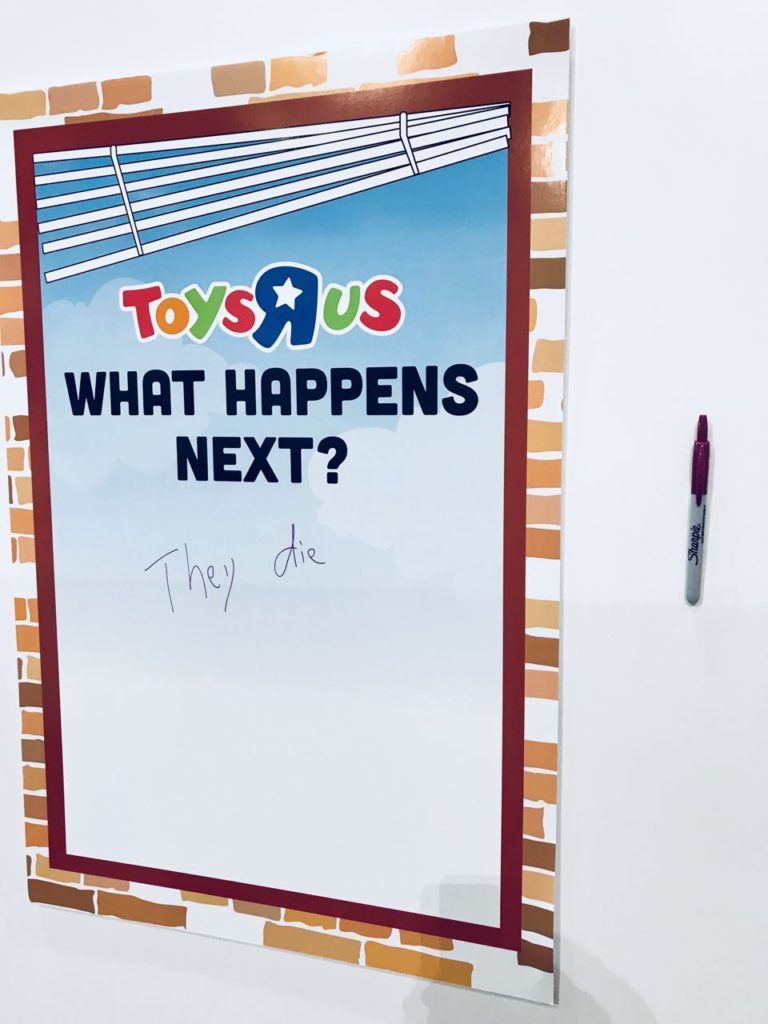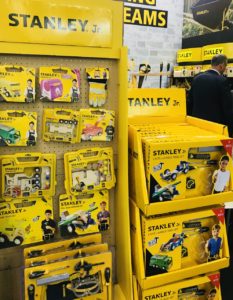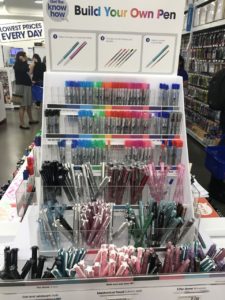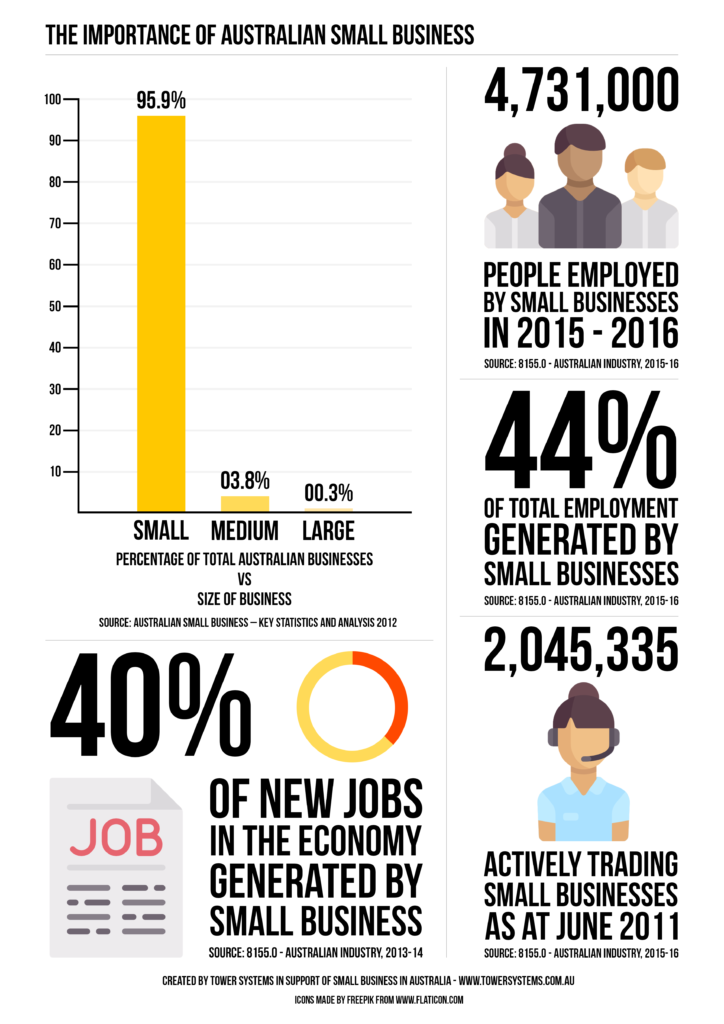New faith based cards driving new shopper traffic
 We have had several ranges of DaySpring faith based cards in store since prior to Christmas, long enough to get good data to access performance.
We have had several ranges of DaySpring faith based cards in store since prior to Christmas, long enough to get good data to access performance.
In addition to being added to baskets of existing shoppers, the DaySpring cards are helping us attract new shoppers to the business. We are doing this through a thoughtfully crafted social media campaign that seeks to reach people we think could purchase these cards.
Customer feedback has been wonderful.
DaySpring is a Hallmark subsidiary. These cards have never been available in newsagencies or regular card shops in Australia before. It is new ground we are grateful to have the opportunity to tread.
What we are finding is that the DaySpring cards have brand appeal, broader than one may think when you loom at the cards and realise that each contains a bible verse related to the sentiment expressed.
I know one newsagent who has the range who sold $165.00 of the cards to one customer in one transaction … yes, the customer was that thrilled to find the range.
The DaySpring shopper is more likely to purchase multiple cards in a single purchase, making them more valuable than the average card shopper.
We have the range in a spinner, which we move to interrupt destination traffic in-store and thereby have more retailers see the range.
Footnote: the DaySpring range is part of the newsXpress product exclusivity project that delivers newsXpress members access to products they are unable to source elsewhere, providing a range advantage. I am a Director of newsXpress.
